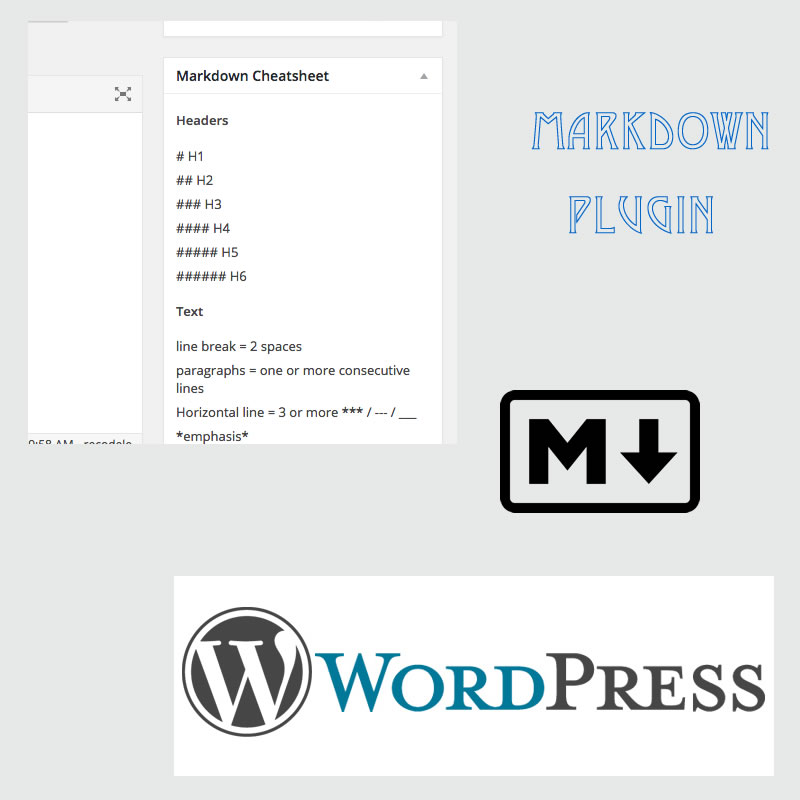

I'd say this backward compatibility is not that important for converters (if you have a math-rich document, you'll not be happy with a converter that merely doesn't choke on it, you want the math to actually render) but a considerable win for editors. This avoids runaway misformatting due to _ or *. Their upside is they are interpreted as literal text by engines that don't understand the syntax. Pro: doesn't interfere with escaping parens and brackets (introduced by MultiMarkdown for this reason). \\(a link)ĭouble backslash: \\(inline\\) and \\ Single backslash: \(inline\) and \Ĭon: interferes with ability to escape parens and brackets e.g. There are frequently restrictions on when this is recognized. Pro: same as LaTeX ( $$ is deprecated TeX syntax but never mind), easiest to write.Ĭon: prone to false positives like $20 - confusing to users who don't write math. It's a superset of latex math, so could be used harmlessly(?) with these proposals.

It'd be nice if everybody could agree on the same syntax(es) to denote math fragments in Markdown alas, as every extension to Markdown, it's a mess :-( TODO: This is becoming useful as a cheatsheet => rearrange this page to be user-oriented before being developer-oriented. button on top, you need to Sign in/up to Github.]ī3log:, (implemented, need to understand syntax)

$\alpha$ ✏️ this is a wiki, everyone is welcome to contribute ✏️


 0 kommentar(er)
0 kommentar(er)
